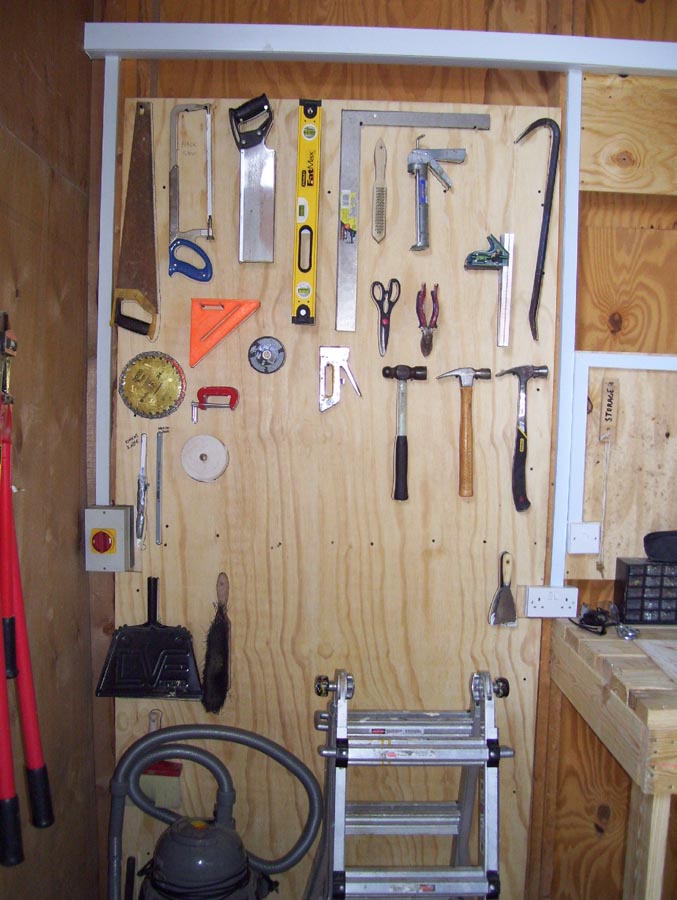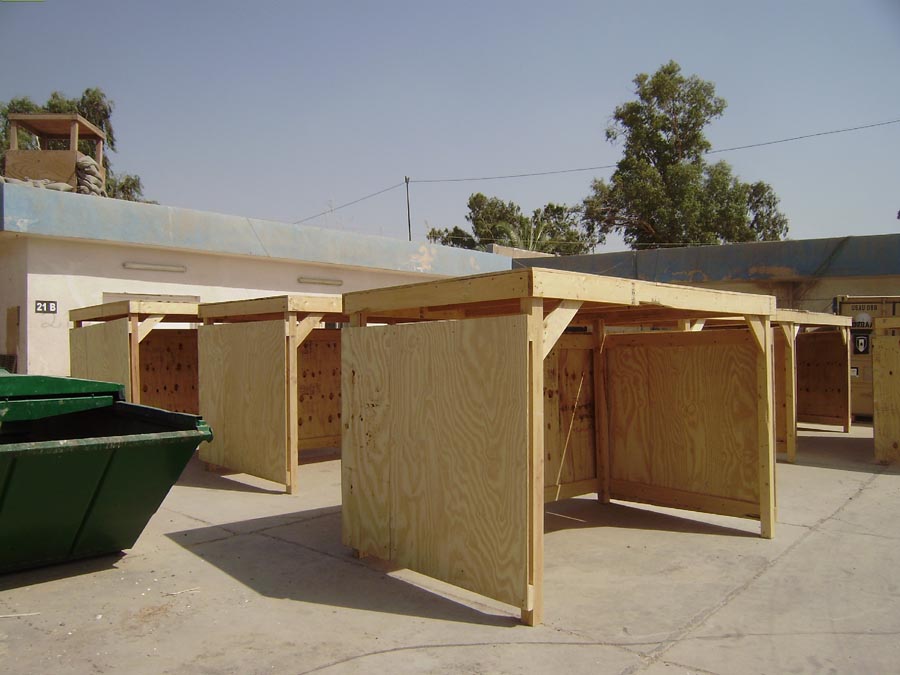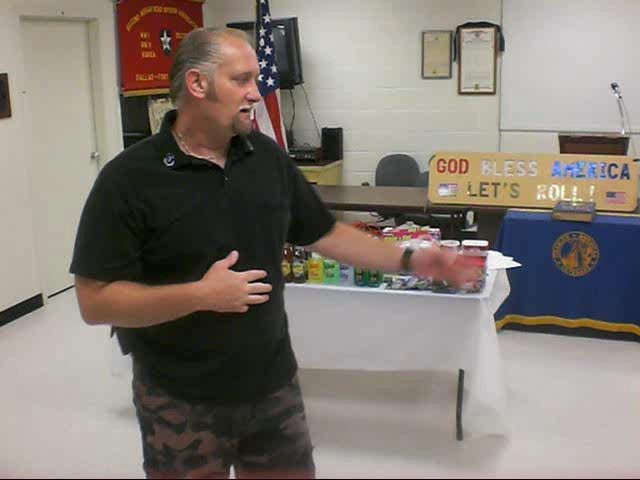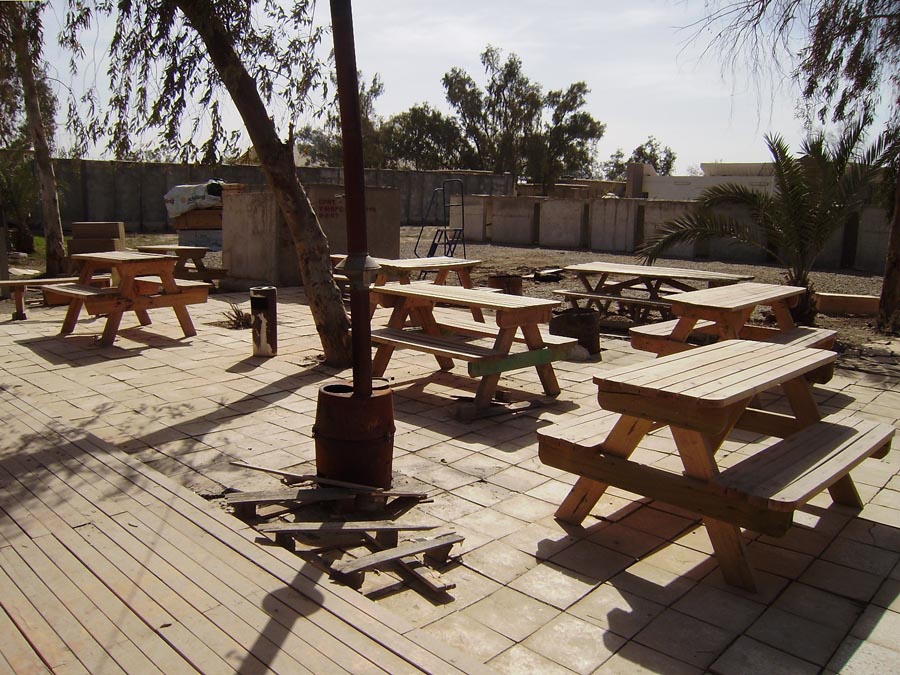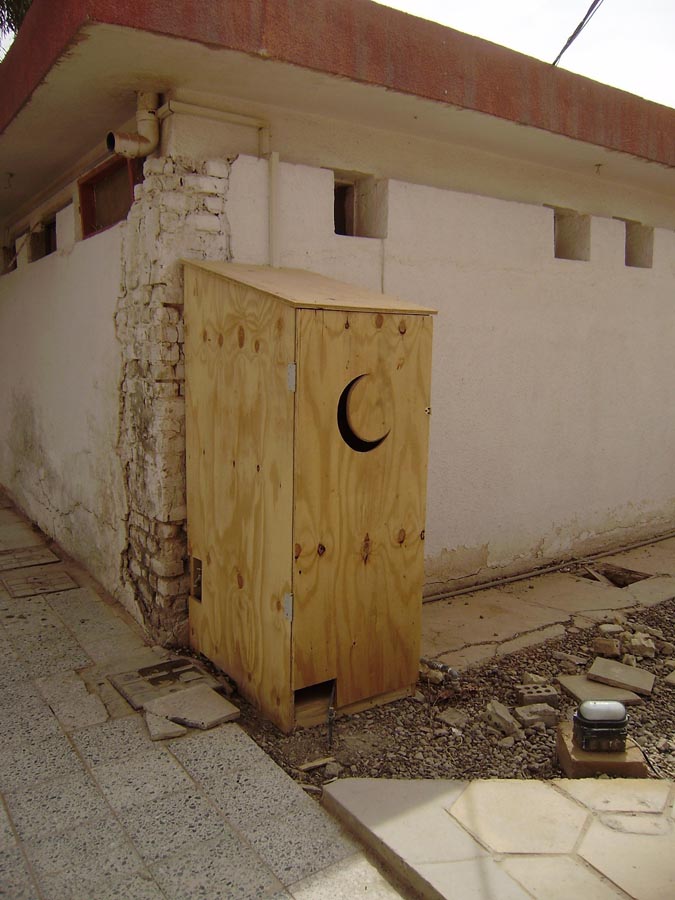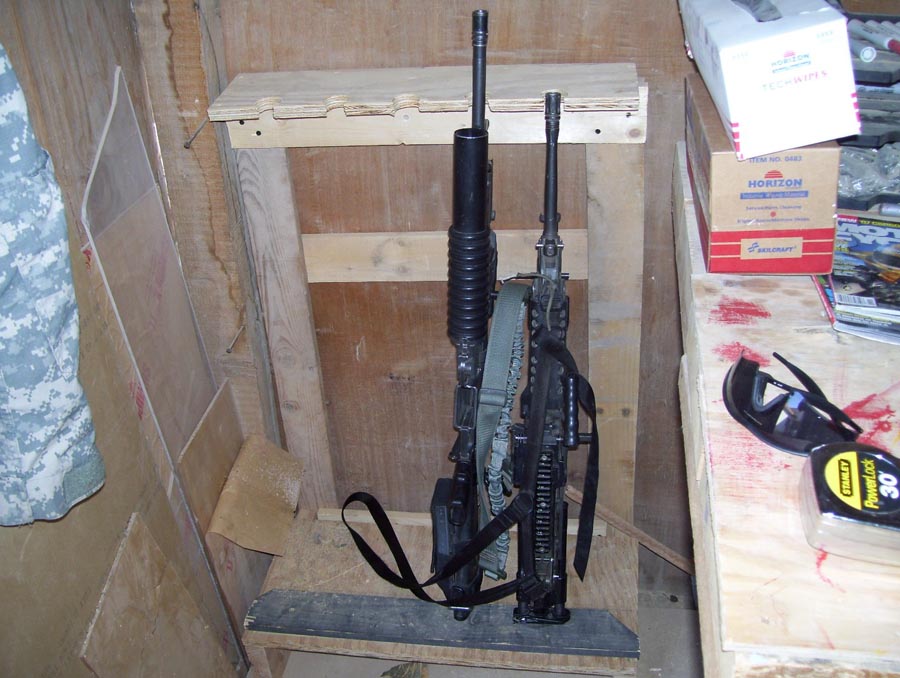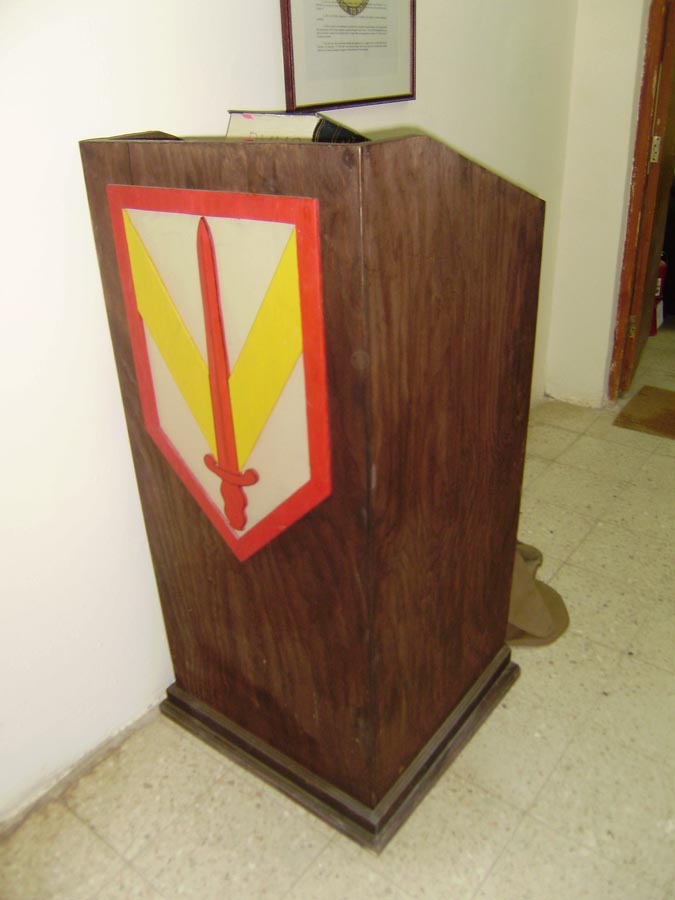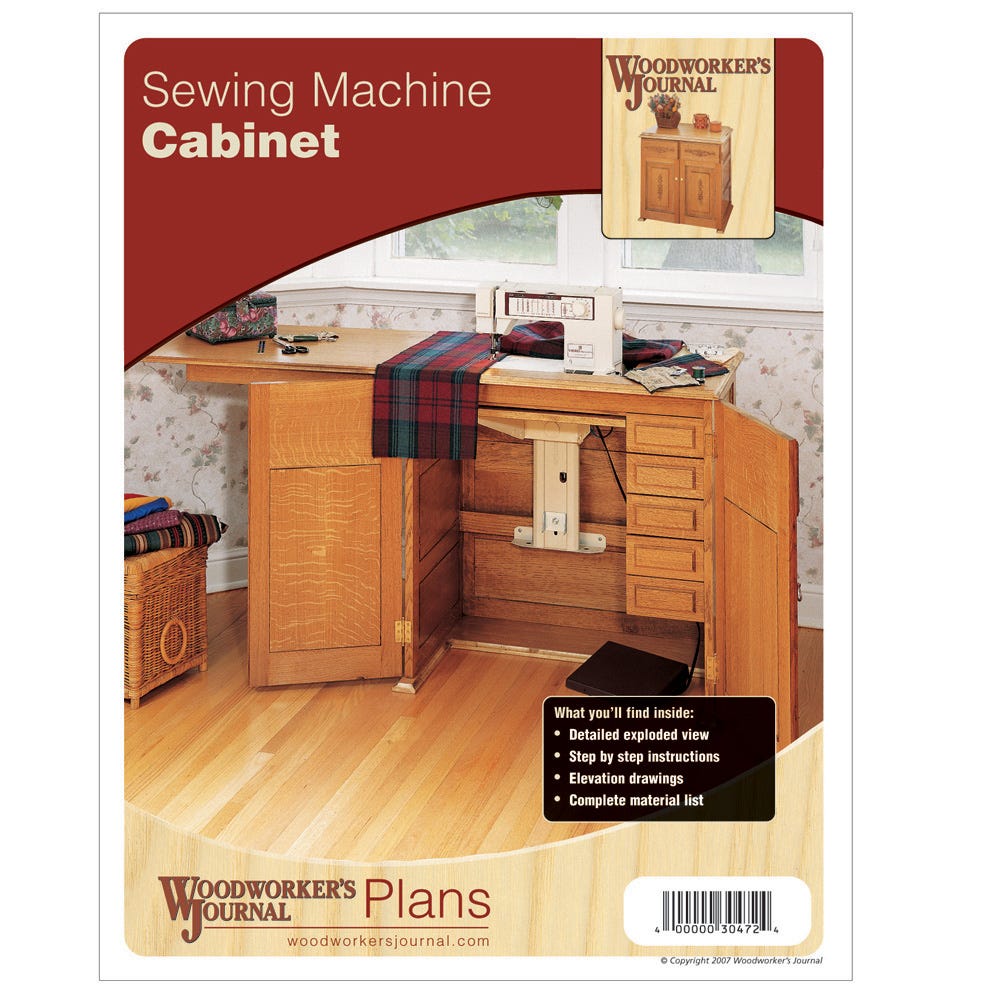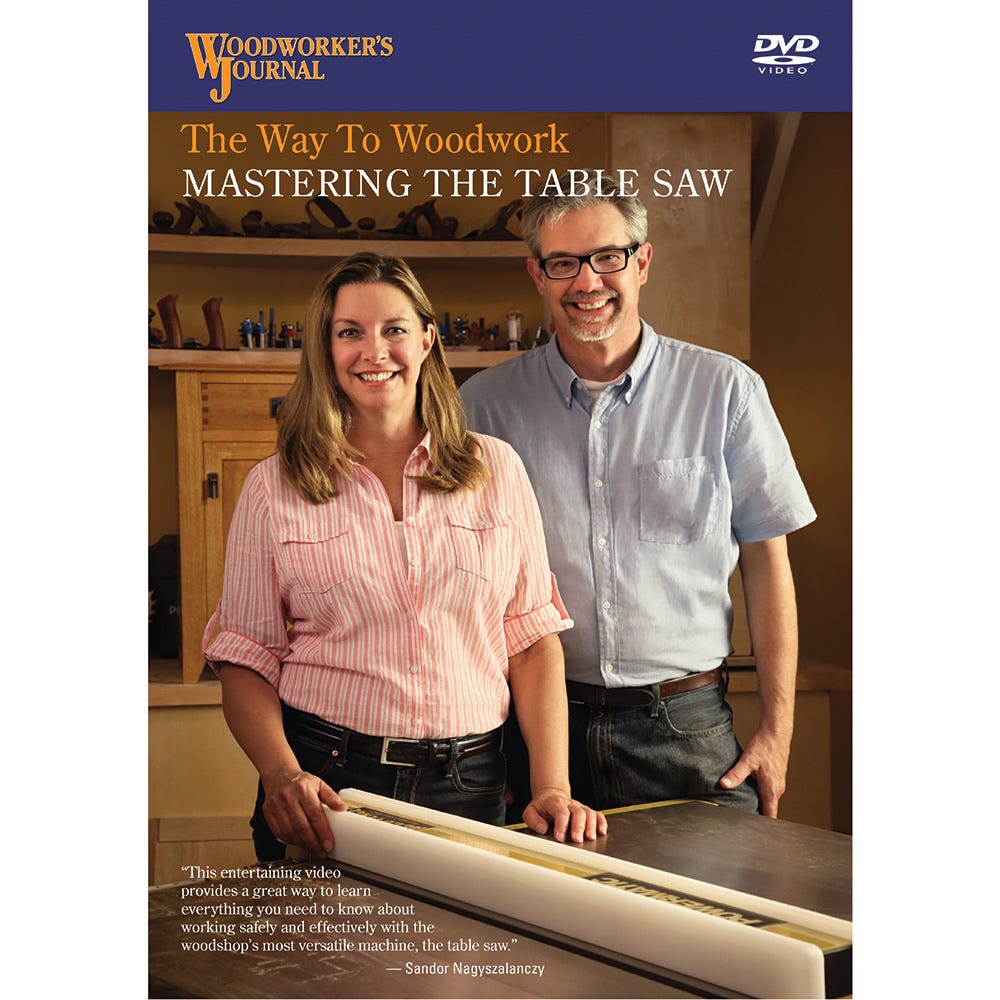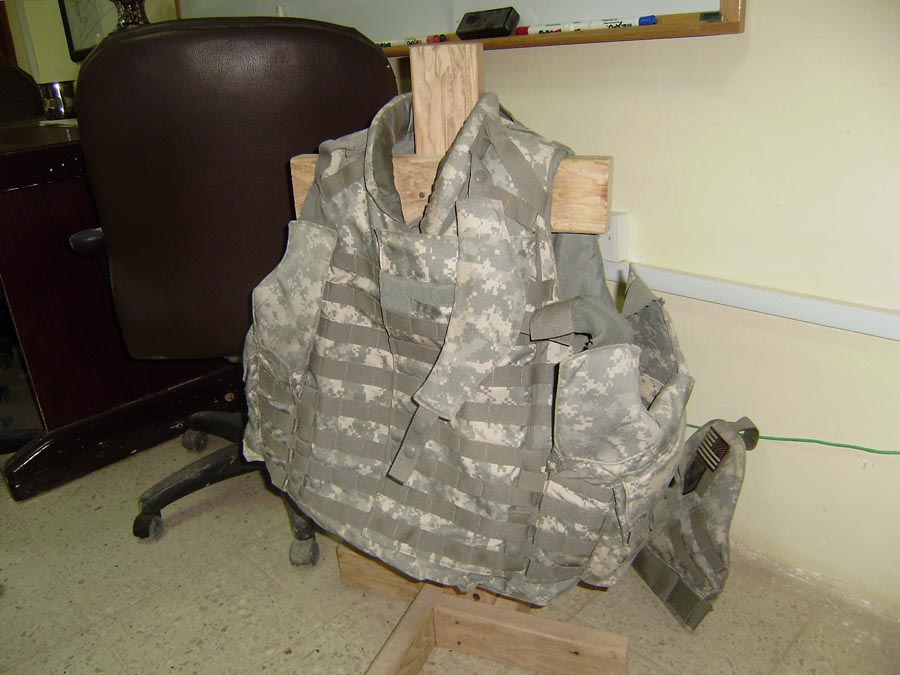
Richard Ireland, or Reeko to his friends, runs what must certainly be the most unusual woodworking supply company in the country. Two things set it apart from other suppliers of wood and tools: it is a nonprofit, tax-exempt corporation, and it gives away all its products rather than actually selling them. Intrigued? Read on.
“Last October, after my brother was deployed to Iraq,” Reeko recounted, “he started asking me to send him nails, tools, saw blades and all manner of things. In Iraq and Afghanistan, even when you are off-duty, you do not go out into the village for sightseeing, shopping or any other reason. Neither is a user-friendly country. While troops can beg some simple tools from the various American-based contractors if they are lucky, the military does not issue any tools or equipment that is not part of your basic job-related issue. An engineering brigade would have access to such tools, but a regular GI would not. The military is primarily concerned with what they call the four Bs; bombs, bullets, beans and bandages.
“As luck would have it, I happen to live in Dallas, just two miles from the headquarters of the base exchange. I went to them to find out if they were providing tools and materials in either an online catalog or at the forward area bases. The mini shops they did have focused on things like shaving cream, toothpaste, candy and socks, but not tools.
“I had always been under the impression that units could get tools and wood from their headquarters logistics branch, but it turns out that is not the case. Even when such things were available, there was nowhere near enough to go around. In short, there simply was no way to get them, so I started sending my brother what he asked for, and with that, GI Woodshop was born.
“At first I was under the misconception that my brother was talking about off-duty time, and things he and his companions wanted to do as hobbies. After the first shipment I sent, I discovered they were actually building things they needed for everyday use: what the military calls quality of life issues. They were making tables, chairs, equipment racks, gun racks and even outhouses.
“For instance, one popular item is the BRO (Big Red One) Buddy Racks to hang IOTV gear on when not wearing them. (IOTV = Improved Ordnance Tactical Vest). By the time you take your vest, helmet and weaponry off, you’ve removed 80 pounds of equipment. Throw it on the floor and it collects dirt, scratches and scorpions, and they would never completely dry out from the sweat by the next day when they had to put them back on. Clothes hangers would not support the weight, so a sergeant in my brother’s camp came up with a simple design for a rack to hold the gear. It was wonderful, and the guys loved them. The idea spread like wildfire.
“Another popular and unique item is the portable water shade, developed by a guy over there. This simple shed prevents the large jugs of drinking water they use from boiling in the hot desert sun. That keeps it drinkable and actually saves lives. The problem with each of these things was that no one had the tools and fasteners to build them. They could get wood, but not screws, nails, cutting tools, hammers or paint.
“As a veteran, whenever I was stationed overseas I always kept my hand in woodworking, and was always the designated base woodworking guy. Overseas, I had access to the base hobby shops but could not get materials I needed. Consequently, I understood the problem my brother and others over there were facing, and decided I should try to do something to help. I also knew I could not do it alone, so I bought a website and set up a nonprofit group that would let others donate money or home store gift cards.
“I print out wish lists that I got emailed to me by GIs overseas through the website, and I try to fill the wish lists with the things I buy with the money and cards. Naturally, there are more requests than donations, so often I will send fasteners and hand tools, but sadly, can’t send as many power tools as are requested. I buy in bulk and come up with creative ways to get as much as possible to as many troops as possible, but I do have to set some priorities. I try to deal with the most critical things first.
“A typical package that I box up and send averages around 50 dollars, and that does not include postage. Fortunately, I get a flat rate from the post office, so shipping is economical. I’ve sent boxes over 50 pounds for 11 dollars in postage. Some large tools and items like air conditioners exceed the size limits for shipping. In many cases, I’ve had to take things apart and ship them in separate packages for the troops to reassemble.
“At present, I do it all myself, though it has been a bit overwhelming. I took a sabbatical from my job, and that has allowed me to devote a lot of time to this project. I am a member of DAV (Disabled American Veterans), and once they saw what I was doing, they stepped forward to help with money, packing, shipping and even fundraising. It’s great, but we need a lot more help.”
Want to help? Reeko has made it easy by setting up a donate page replete with a PayPal account, though he admits that is not his favorite donation method. “To be honest,” Reeko told me, “the best thing is when people send me gift cards directly from woodworking supply and home improvement stores. Unfortunately, even the big box stores will not let me buy wholesale, so I still have to drive to the stores myself and buy retail, but if you send me a gift card, I can guarantee I will send another shipment out to the troops who need it.
“Being a woodworker myself, I just love woodworkers. I think they are the greatest people in the world, but in order for troops to do something as simple as hanging a picture of their loved ones on the wall, they first have to find a nail, then appropriate a hammer, or use their boot to nail it. Our packages mean a lot to these guys.”
